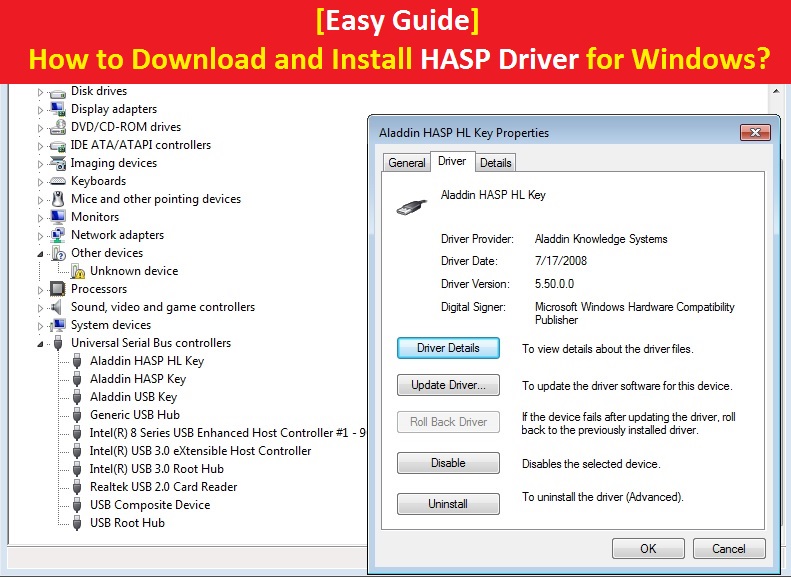
- Ffmpeg windows dev missing dll files install#
- Ffmpeg windows dev missing dll files archive#
- Ffmpeg windows dev missing dll files download#
Ffmpeg windows dev missing dll files install#
Also, you need to install the Visual C++ compiler from the Windows SDK simply to get sal.h! I recommend to just =cp “C:\Program Files\Microsoft Visual Studio 9.0\VC\include\sal.h” “C:\Program Files\Microsoft !DirectX SDK (June 2010)\Include”= instead of using the Windows SDK. To build the rtaudio consumer, you need to install the Microsoft !DirectX SDK.stdout and stderr are redirected to stdout.txt and stderr.txt.The process’ current directory must be the directory containing melt and dependent DLLs with lib and share subdirectories.build manually using src/swig/python/build as a guide.set environment variables for PYTHON_INCLUDE and PYTHON_LIB per.

configure –prefix=$HOME/build –enable-gpl –disable-decklink
enter (or add to ~/.profile and start new shell):Įxport PKG_CONFIG_PATH=$HOME/lib/pkgconfig. You can close the Git Bash shell now and return to the MinGW Shell. configure –prefix=$HOME –enable-gtk=no –enable-gstreamer=no –with-audio=none. Extract the plugins to ~/build/lib/ladspa. Ffmpeg windows dev missing dll files download#
Download the Audacity LADSPA Plug-Ins for Windows. Edit ~/include/jack/systemdeps.h and comment out or remove “typedef HANDLE pthread_t ” (may not exist in latest version). Make your own pkg-config file: ~/lib/pkgconfig/jack.pc:ĭescription: the Jack Audio Connection Kit: a low-latency synchronous callback-based media server. To make this redistributable copy libjack.dll and libjackserver.dll from C:\Windows\System32 (or C:\Windows\SysWOW64 if on 64-bit) to your build directory.  Install to C:\Jack to make things easier.
Install to C:\Jack to make things easier. Ffmpeg windows dev missing dll files archive#
Extract the archive to get to a bin/windows directory and run the installer. Do this only after installing GTK+ and LibXML dependencies. configure –prefix=$HOME –without-ffmpeg –disable-symlinks –disable-gomp –without-magic –without-png –without-ladspa (Note the trailing two dots to refer to the parent directory.) cmake -G “MSYS Makefiles” -DCMAKE_INSTALL_PREFIX=$HOME. Download libsamplerate source tar archive. Extract the archive into your msys home. Create your own libxml-2.0.pc file for pkg-config in ~/lib/pkgconfig:. Download a binary archive of libxml2 and libiconv and extract them (minus their top-level directory) into your msys home. To make this redistributable, copy /mingw/bin/libdl.dll to your build directory. To make this redistributable copy /usr/bin/SDL.dll to your build directory. Download SDL-devel for mingw32 and extract it to $HOME. Extract the contents of the “presets” folder to ~/build/share/ffmpeg. Extract the DLLs in the bin/ folder to your ~/build folder. mkdir -p ~/build/share/ffmpeg ~/build/lib. rm ~/include/stdint.h ~/include/inttypes.h. Extract the 7z into your msys home (C:\MinGW\msys\1.0\home$USERNAME). The others depend entirely on your needs. Only the first four FFmpeg, SDL, dlfcn-win32, and !libXML are highly recommended to make basic usage of MLT. Many of these dependencies are optional, and there are some more that can be added, but instructions are not yet available. If you need to rebuild this, another way is to cross-compile, possibly using the MXE toolkit. 
Download a static build of pkg-config and put it in C:\MinGW\bin.Install CMake (this will be used by frei0r).An alternative to using the MSYS and gcc from the MinGW packages is to use a combination of Git BASH and the MinGW from Qt Creator and one of its MinGW-based SDKs.Choose “Checkout Windows-stylem commit Unix-style line endings.”.Choose “Run Git from the Windows Command Prompt” to add it to the PATH.







 0 kommentar(er)
0 kommentar(er)
